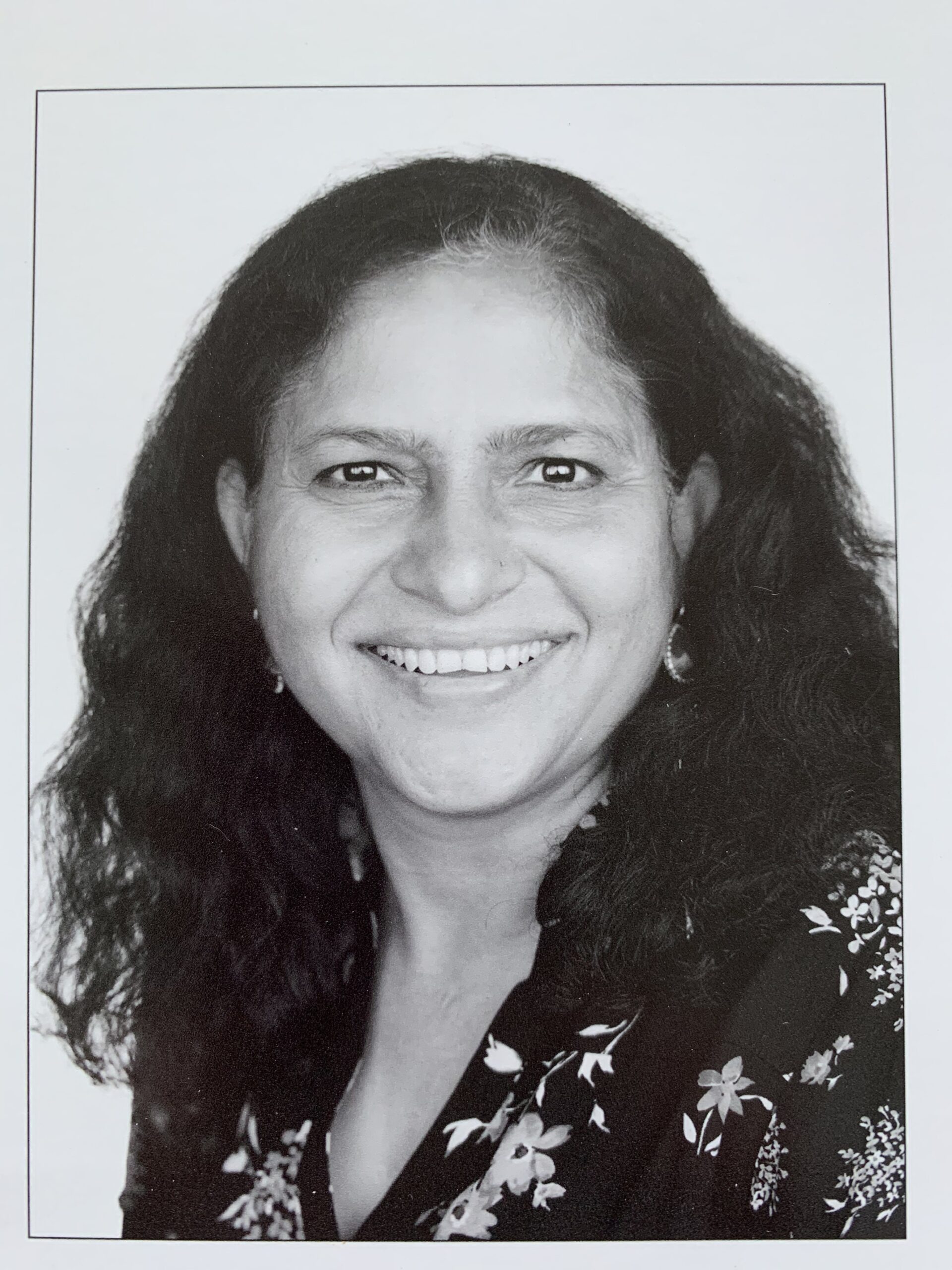The government has stepped in to end the teacher lockout by presenting a bill in parliament that will force teachers to accept new working conditions.
When children finally return to school on Monday, as expected, teachers will have been locked out for four weeks following their union’s decision to not sign a new collective bargaining agreement with the local government association, KL.
At the heart of the disagreement was KL’s insistence on abolishing the current 25-hour limit cap on how much teachers can teach each week. Teachers argued that the limit guaranteed them time to prepare their lessons, while KL wanted to follow the advice of the government’s modernisation council, Moderniseringsstyrelsen, and give more responsibility to school leaders in deciding how to divide a teacher’s working hours.
At a press conference this morning, PM Helle Thorning-Schmidt (Socialdemokraterne) explained that the conflict had to end.
“We’ve reached a point where it is necessary to step in,” Thorning-Schmidt said. “It’s an unsustainable position so the government is today presenting a bill to parliament to end the conflict. The bill will put the employment conditions of teachers in line with other public servants and the employment conditions of school leaders in line with other leaders.”
The government's bill will force teachers to adopt the working conditions that KL had proposed during the failed negotiations – primarily that school leaders will have the final say on how teachers divide their working hours.
Teachers have expressed concern that without a cap on teaching hours, leaders may press them to spend so much time in classrooms that they will have insufficient preparation time.
To accommodate this concern, the government is expected to include “special safeguards” in the bill to protect teachers from unpredictable working hours.
The bill is also expected to abolish a privilege given to teachers over the age of 60, not enjoyed by other public servants, which grants them 175 hours of extra paid leave a year. The reform will be phased in over several years and affected teachers will be compensated with a pay raise for the extra time teaching.
Anders Bondo Christensen, the head of the teachers' union Danmarks Lærerforening, was highly critical of how long the lockout was allowed to continue.
“It’s good news that the lockout is stopping but its grotesque that it was allowed to go on as long as it did,” Christensen told Jyllands-Posten newspaper. “I just hope that we are not presented with KL’s model in which the teachers will have to register every detail of their working day. That would be severely detrimental for schools.”
KL’s chief negotiator, Michael Ziegler, said he was disappointed that the lockout had to end with a government intervention.
“I understand that society has lost patience with us because, based on Anders Bondo’s statements, it did not seem likely that we were going to find a solution,” Ziegler told Jyllands-Posten.
The government’s intervention is significant because it breaks with the traditional method for setting working conditions, the so-called ‘Danish Model’, in which unions and employers negotiate collective bargaining agreements without the involvement of the government.
Around 557,000 of the 875,000 students affected by the lockout are in primary school, while around 50,000 teachers have been prevented from going to work until new working conditions were agreed upon.
Thorning-Schmidt said that written exams in the ninth and tenth grades (13 to 15-year-olds) will be postponed until the period of May 13-23.














